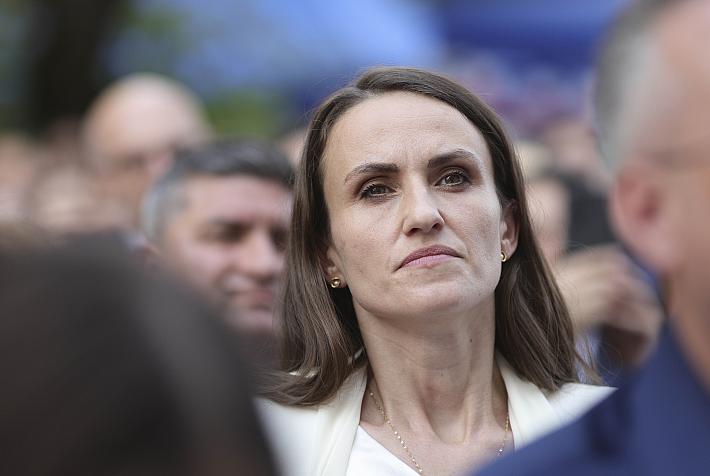Investors: Lack of predictability is impacting Romania’s business sector

Coalitia pentru Dezvoltarea Romaniei (CDR), an initiative gathering the most representative business organizations active in the country, says the local business environment has been seriously impacted by a lack of predictability throughout the year and especially over the past weeks.
The coalition has sent a letter to Romania’s president Klaus Iohannis on this issue.
“We wish to signal the precarious nature of the legislative process in Romania, which in 2017 was dominated by the abusive use of emergency ordinances, lack of transparency and of real communication with the business environment,” the letter reads.
It argues that the business environment needs a predictable fiscal and labor legislation. The coalition also says that they did not receive a reasoning for the fiscal changes entering into force beginning next year, although they have repeatedly asked the government for an explanation.
Fiscal changes announced this year include the transfer of most social contributions from employers to employees and a cut of the tax on individual income from 16% to 10%.
“Given the good economic situation of Romania, CDR thinks that the changes brought to the Fiscal Code, changes which the business environment did not request, should not be implemented without a serious impact study and in such a short time frame. The risk on the short term, but especially on the medium and long term, is that these changes provoke unwanted and useless imbalances in the Romanian economy,” the CDR said.
At the same time, the CDR said it disapproves of statements made against foreign or Romanian companies and against banks. “Romania needs a business climate of trust, where all business players have a beneficial role and can collaborate and work together,” it said.
Coalitia pentru Dezvoltarea Romaniei includes a wide number of bilateral business chambers active in Romania, such as AmCham, the British-Romanian Chamber of Commerce, the French Chamber of Commerce, the German Chamber of Commerce, and the Foreign Investors Council.
Besides the fiscal changes, investors are also concerned with the situation of corporate governance in Romania.
In an article in the Financial Times, Greg Konieczny, CEO and Portfolio Manager of investment fund Fondul Proprietatea, warns that a draft law, currently under debate in the Parliament, would allow the government to exempt state owned companies from the implementation of corporate governance legislation.
Fondul Proprietatea has a portfolio that includes minority stakes in 19 state-controlled enterprises, and had a net asset value of USD 2.72 billion in September of this year.
Although state-owned enterprises are supposed to have independent directors ensuring independent management, the government has been replacing independent directors “with loyal cronies,” Konieczny told the FT. This, and the exemption from corporate governance rules “could make the investment climate less attractive, deter long-awaited IPOs and delay index provider MSCI’s plans to upgrade Romania from a “frontier” to an “emerging” market”
Fondul Proprietatea pointed to one case of such a replacement this September, when Oana Truta, the fund’s representative, was removed from the board of directors of power producer Hidroelectrica. Fondul Proprietatea has a 20% stake in Hidroelectrica. It said it was considering selling its minority stake in the company after the state’s decision.
“A lot of the state companies are either in energy or infrastructure. […] If you, as a foreign direct investor, see that there’s not going to be an improvement in infrastructure like roads, or bad management means ports or airports are not going to be able to cut their fees, you won’t be investing in those sectors,” Konieczny told the FT.
FIC: 9 in 10 foreign investors in Romania say changing legislation impacts their business
Foreign investors contradict Romanian PM on contributions’ transfer
editor@romania-insider.com











